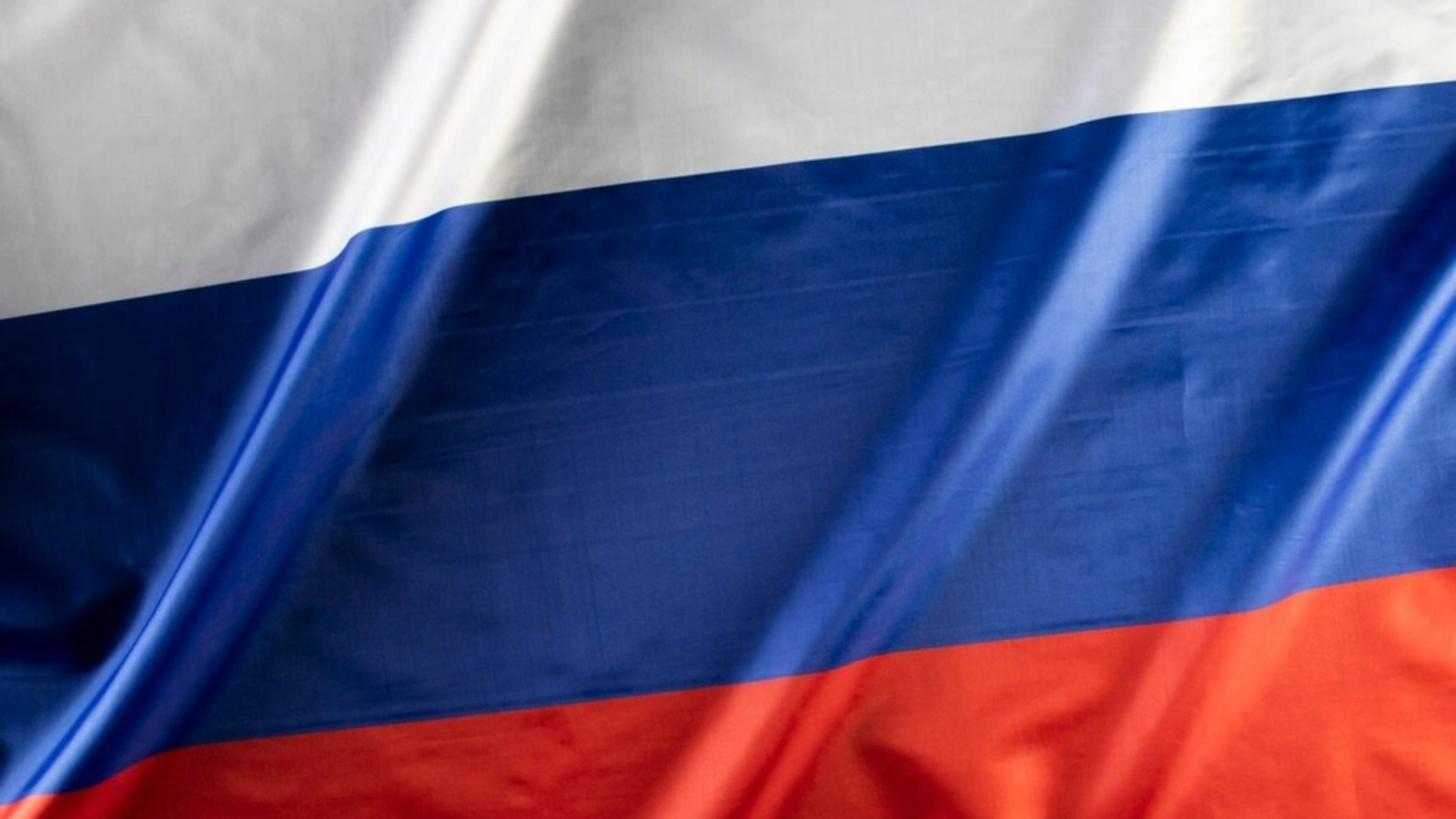Approximately 46.1% of Romanians agree with the statement "the war unleashed by Russia in Ukraine is the main cause of the European energy crisis", compared to 51.5% in November 2022, reveals the latest Energy Security Barometer conducted by INSCOP Research.
According to the cited survey, 46.2% of the respondents disagree, compared to 45.7% three years ago, and 7.7% do not know or do not answer.
"War and the energy crisis, these topics were strongly interconnected. The question we asked: 'Please express your agreement or disagreement with the following statements: the war triggered by Russia in Ukraine represents the main cause of the energy crisis in Europe' drew 46% agreement, and 46% disagreement - it seems that we have two groups, two tribes equally distributed from this point of view, compared to November 2022 data. Particularly in agreement with the statement are USR voters, women, people over 60 years old. Expressing disagreement are especially AUR voters, men, people with primary education, respondents aged between 30 and 59," said general director of INSCOP Research Remus Ioan Stefureac on Tuesday, at the presentation of the fifth edition of the Energy Security Barometer.
He underscored that the perception of the causes of the energy crisis has diversified, and although the war in Ukraine remains the main explanation, "it is no longer dominant, a sign that the Romanian public opinion is internalizing other structural causes such as European policies or dysfunctions of the internal market."
"Black Sea gas is perceived as a symbol of energy independence, but a part of the population, even if a minority, is skeptical about the destination of the gas resources. The Neptun Deep project generates optimism, Romanians believe in its economic and security effects, but the positive perception is rather strategic (jobs, income, investments), not immediately personal (lower bills). Acceptance of European energy solidarity is increasing, - a sign of geopolitical maturation: Romanians are increasingly willing to support joint crisis mechanisms, provided that there is reciprocity and management perceived as fair. Also, attitudes towards supporting the Republic of Moldova and Ukraine in the energy field reflect a combination of economic rationality and strategic empathy, consolidating Romania's image as a responsible regional actor, but with a society that demands that aid should not affect domestic interests," Stefureac said.
Regarding the Black Sea gas resources, 63.2% of those interviewed believe that following their exploitation, Romania will no longer be dependent on imports from Russia", compared to 66.9% in May 2022, while 28.9% opine that "the gas that will be extracted from the Black Sea will be sold to the West, it won't stay in Romania", compared to 26.7% in May 2022. The share of non-responses is 8%, the survey data shows.
Also, 18.2% of Romanians believe that the exploitation of Black Sea gas through Neptun Deep will bring Romania considerable economic benefits, 33.6% assess these benefits as fairly large, 15.3% - as fairly small, and 25.3% - very small or non-existent. The share of non-responses is 7.5%.
Asked what they believe will be the main economic gain for Romania following the exploitation of the Black Sea natural gas, 39.5% of the respondents mention job creation, 27.3% - the increase in state budget revenues (taxes, dues), 13.2% - the stimulation of investment, and 7.6% - the development of gas transport networks. About 1.1% mention another benefit, while 5% of respondents believe there will be no benefit at all. Approximately 5.5% do not know/cannot assess, and 0.8% do not answer.
Considering that the EU wants to implement a mechanism for mutual assistance with natural gas between member states in the event of an emergency/crisis, 78.6% of Romanians say they would agree that Romania should import natural gas if it needs it, compared to 59.6% in November 2022. About 18.6% oppose such an idea, compared to 38.7% in November 2022, and 2.9% do not know or do not answer.
Approximately 77.7% of the respondents agree with this mechanism also in the event that Romania would be supposed to help other member states with natural gas in emergency situations, while 20.5% do not agree, and 1.8% do not know or do not answer.
On the other hand, 60.3% of Romanians agree that, starting with 2027, the Republic of Moldova should be supplied, for a fee, with gas extracted from the Black Sea, while 35.4% are against it, and 4.3% do not know or do not answer.
The survey also shows that 53.4% of the respondents agree that Romania should help Ukraine with energy in case of a crisis/emergency, in the context of attacks by Russia, when Ukraine has problems with energy supply (gas and electricity), 43.1% are against it, and 3.5% do not know or do not answer.
Asked what the main cause for the increase in electricity prices is, 42.8% of Romanians point to the wrong decisions made by the Romanian authorities, 27.3% - the desire of companies in Romania to obtain higher profits, 11.1% - general inflation, 6.7% - the international price evolution, 6.1% - tax/royalty levels, and 0.8% - weather conditions, namely weaker wind, less precipitation. The non-response rate is 5.2%.
The Energy Security Barometer, now in its fifth edition, is an instrument that aims to measure perceptions, attitudes and visions related to energy policy, considered against the broader picture of international relations and domestic economic and social pressures.
The survey was conducted between September 29 and October 7, 2025, commissioned by Strategic Thinking Group, and the results were presented by INSCOP Research general director Remus Stefureac.
The data was collected using the telephone interview method, from a random sample of 1,100 people representative of Romania's significant social and demographic categories (sex, age, occupation) of the non-institutionalized population aged 18+. The maximum admissible error is plus/minus 2.95%, at a confidence level of 95%.
































Comentează